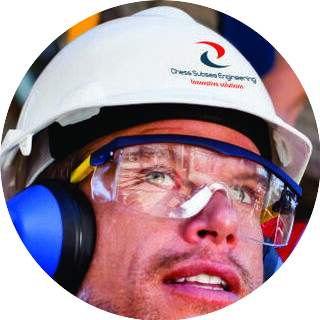Description
Pipeline instrumentation and pigging operations are two important aspects of pipeline maintenance and operation. Pipeline instrumentation involves the use of sensors and other instruments to monitor various parameters of the pipeline, such as pressure, temperature, flow rate, and fluid composition. These instruments are used to detect any anomalies or potential issues with the pipeline, such as leaks or blockages, and to ensure that the pipeline is operating within safe and efficient limits. The data collected by these instruments can be used to optimize pipeline performance, prevent equipment failures, and reduce downtime.
Pigging operations involve the use of pipeline cleaning and inspection devices, known as “pigs,” which are inserted into the pipeline and pushed along by the fluid flow. Pigs are used to clean the pipeline of debris, such as rust, scale, and other contaminants, and to inspect the condition of the pipeline. Regular pigging operations can help to prevent blockages, reduce the risk of corrosion, and extend the lifespan of the pipeline.
Pipeline instrumentation and pigging operations are critical components of pipeline maintenance and operation. By implementing effective instrumentation and pigging programs, operators can ensure that their pipelines are operating safely, efficiently, and reliably, and minimize the risk of costly downtime, damage, and environmental harm.
Pipeline Instrumentation and Pigging Operations (PIPO) Level 1 covers Pigging Operations, Utility Pigs i.e. Foam Pigs, Solid Cast Pigs, Spherical Pigs or Spheres, Cleaning Pigs, Sealing Pigs, Mandrel Pigs etc. Inline Inspection Tools, Data needed for Inline Inspection Tools, Ultrasonic Inspection Tools, Principles & Application of Gel Pigs, Pig Stucking Issues, Challenges & Solutions, Pig Motion Engineering Analysis & Calculations and more.
Outline
Introduction to Pipeline Pigging
Reasons for Pigging Operations
Pigging Categories
Selection Criteria
Foam Pigs
Solid Cast Pigs
Spherical Pigs or Spheres
Cleaning Pigs
Sealing Pigs
Mandrel Pigs
Inline Inspection Tools
Data needed for Inline Inspection Tools
Ultrasonic Inspection Tools
Introduction to Gel Pigs
Types of Gel Pigs
Principles & Application of Gel Pigs
Dual Diameter Pigs
Multi Diameter Pigs
Why do Pig Stuck
Sphere Jammed in Off Take Issues & Solution
Incorrect Sized Pig Components Issues & Solutions
Incorrect Valve / Valve Not Open Issues & Solution
Insufficient Information (Wrong Bend Radius) Issues & Solution
Pig Pushing On Pig in Front Issues & Solution
Colliding Pigs Issues & Solutions
High Friction Pigs Issues & Solution
Plugging With Wax Issues & Solution
Debris In the Line Issues & Solution
Flowaround the Pig Issues & Solution
Insufficient Sealing Length Issues & Solution
Nose Down Issues & Solution
Reversal Issues & Solution
Proximity of Components Issues & Solution
Buckling of Sealing Issues & Solution
Reducer Length Issues & Solution
Bypass with Reduction in Flow Issues & Solution
Dual Module Pig with Leakage Issues & Solution
Wear Issues & Solution
Coupling Damage Issues & Solution
Trapped Cavities Issues & Solution
Tearing Seals Out of Boltholes Issues & Solution
Pigs In Free Fall Issues & Solution
Environmental Issues Issues & Solution
Case Studies Issues & Solution
Drag Force on the Pig
Pig Velocity
Leakage
Practical calculation showing the velocity of pig and percentage of the leakage flow
Technical Support References
Ref 1: Pigging Operations
Ref 2: Utility Pigs
Ref 3: Pigging Inspection Tools
Ref 4: Gel Pigs
Ref 5: Pig Stucking Issues, Challenges & Solutions
Ref 6: Pig Motion Engineering Analysis & Calculations with case study
Ref 7: Pipeline Launcher and Receiver Steps
Ref 8: Pipeline Cleanliness Assessment Steps
Ref 9: Pigging Pipeline Flushing Method Steps
Ref 10: Pigging Operations Steps
Ref 11: Gel Pig Operations Steps
Ref 12: Types of Pipeline Pig
Ref 13: Ultrasonic Intelligent Pigging with Steps
Ref 14: Pipeline Inspection Technique with Steps
Ref 15: Pipeline Pigging JSA & Pigging Operations
Assessment
Participant underpinning knowledge of pipeline pigging operations will be accessed with short answer multiple-choice questionnaire and with real time pig motion engineering analysis & calculations to be submitted at the conclusion of the course.
Outcome
Participants will gain an in debt understanding of pipeline pigging operations. They will also be able to function with minimum supervision as a pipeline engineer or asset integrity engineer for IOCs, subsea pipeline company contractor, vendor or installation company.
Professional Certificate
Issued directly by Chess Subsea Engineering Europe.
Participant may be presented for Offshore Petroleum Training Organization (OPITO) Certification.
How to Register Manually
Click here to download registeration booklet on msword and email completed booklet to info@chesssubseaengineering.org directly.
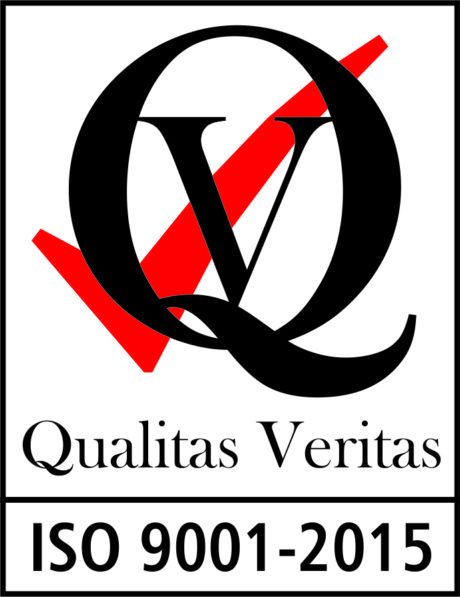
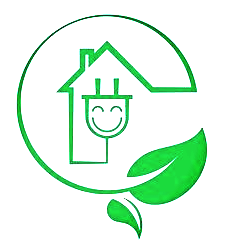

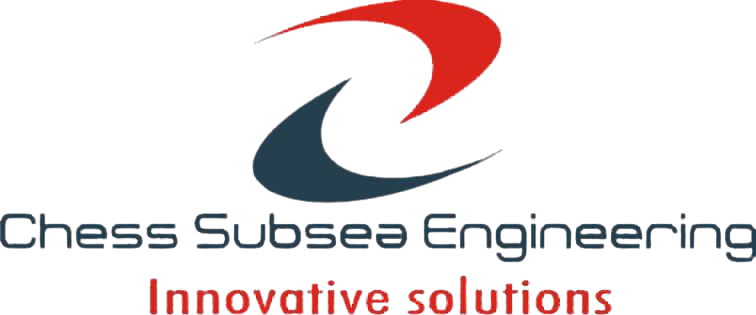
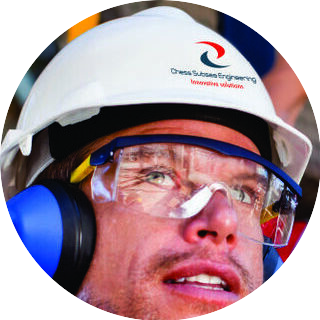
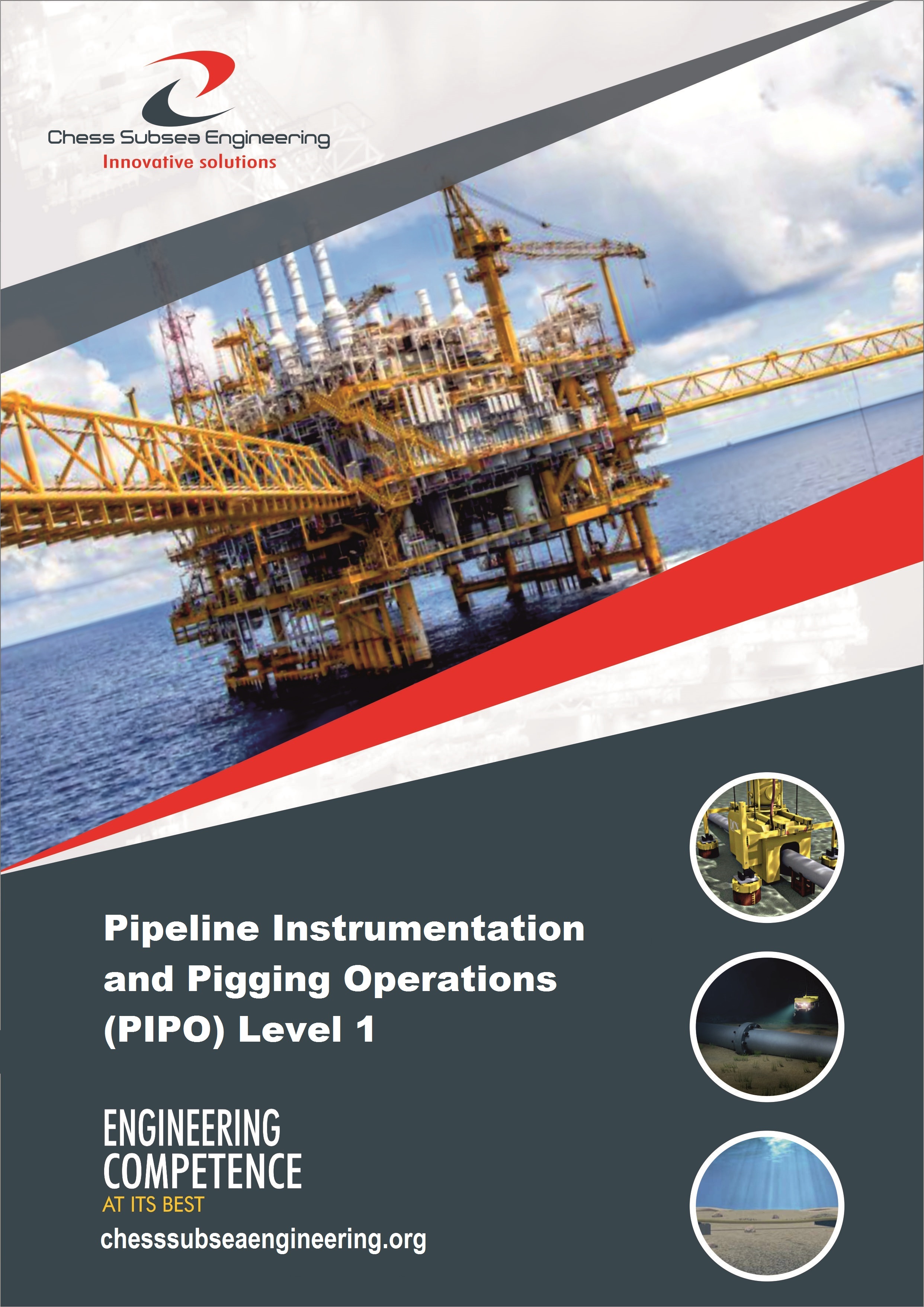
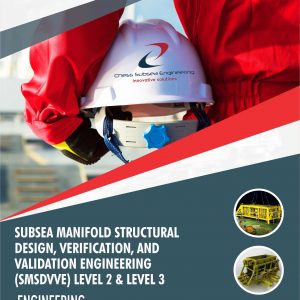
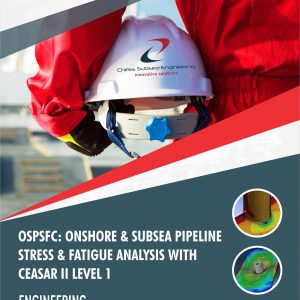
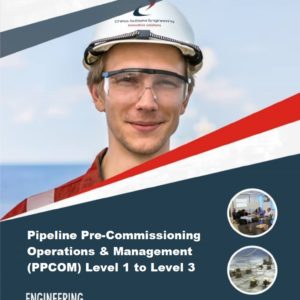
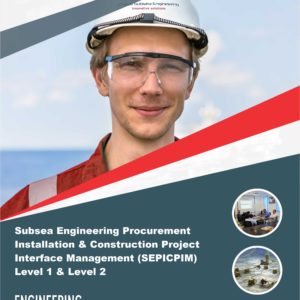 Subsea Engineering Procurement Installation & Construction Project Interface Management (SEPICPIM) Level 1 & Level 2
Subsea Engineering Procurement Installation & Construction Project Interface Management (SEPICPIM) Level 1 & Level 2 
